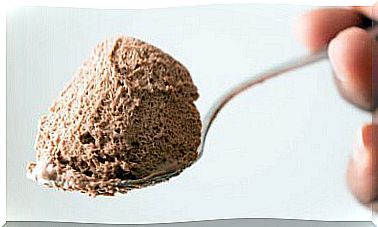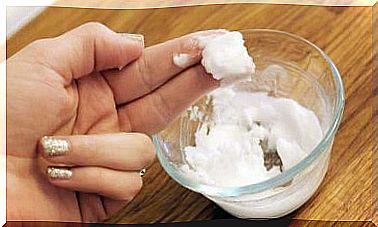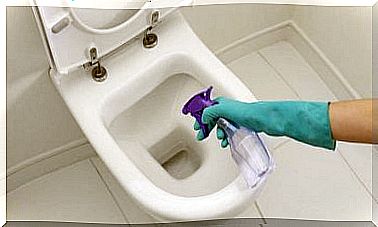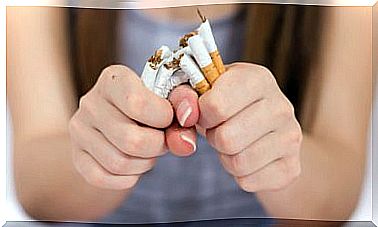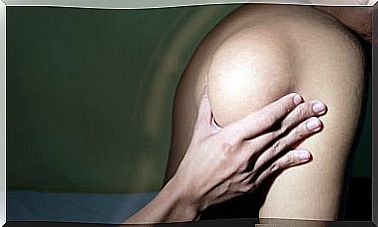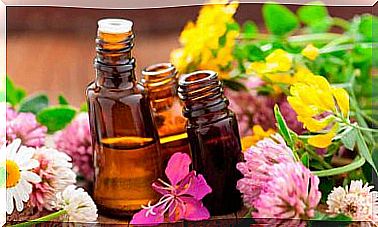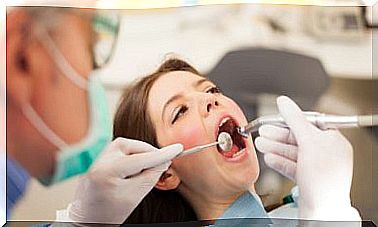10 Personal Items You Should Never Lend
Many people have no problem sharing their personal items with friends, family, or people they trust.
This, at first glance, does not seem to be of great importance, but the truth is that it could become the route of transmission of various types of infections and diseases.
There are those who, at this point, still do not know what these objects are and why they are said to be for personal use. For this reason, we list them below:
Items for personal use that under no circumstances should you lend
1. Bar soap
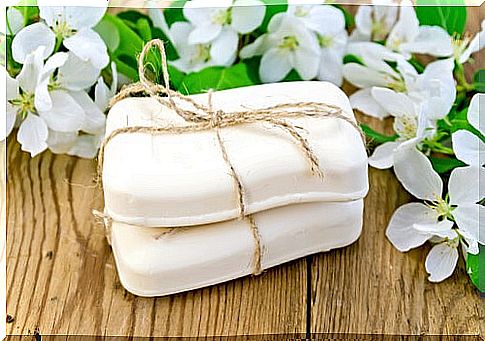
Although some are antibacterial, after each use they are usually covered with part of the microorganisms that clean the skin, which can be harmless or potential causes of diseases.
The disadvantage is greater if the product is stored in a humid place, since it creates the ideal environment for the proliferation of viruses, bacteria and fungi.
2. Towel
Towels to dry the body are one of those items that should not be shared with anyone for any reason.
Being wet much of the time they become a culture for germs, especially if they are kept in the bathroom.
When they are not washed regularly, they can become a focus of fungal skin infections, acne and conjunctivitis.
3. Deodorant
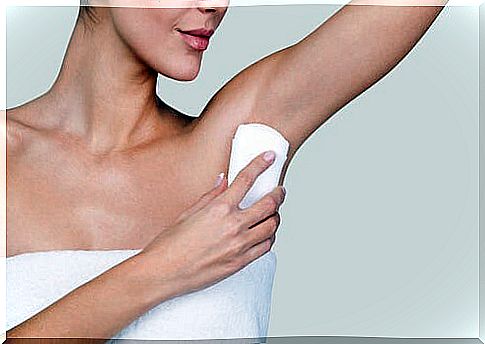
This can be shared if it is a spray or a cream that involves removing it in small quantities to be applied with the fingers.
If it is the popular roll-on deodorants, it is better to avoid using them because they can be the means of transmission of bacteria and bad odors from the armpits.
4. Toothbrush
Toothbrushes are very inexpensive and there will never be any excuse to share them with your partner or another family member.
This element harbors in its bristles many of the oral bacteria that it cleans from the mouth and for this reason it must be for personal use.
In addition, you should try to disinfect and change regularly since, although many of its bacteria are harmless, they can sometimes cause flu, colds or other types of common infections.
5. Tweezers
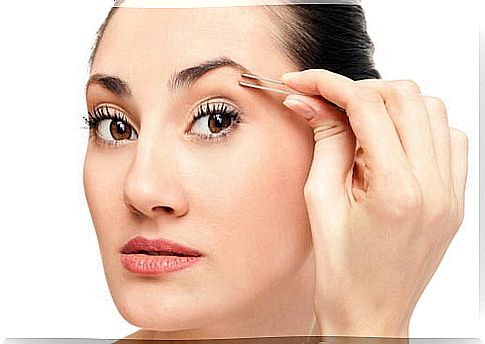
Tweezers are a feminine beauty tool that is being used more and more to stylize the eyebrows or remove unwanted hair from various areas of the body.
Although sharing them is not dangerous if they are kept clean and disinfected, it is not recommended to do so because in some cases they can become a means of transmitting bacteria, viruses and some blood-borne diseases.
6. Lip balm or lip products
Lip balm and other cosmetic products for the lips are for the exclusive use of each woman. The fact of having direct contact with the skin makes it easy to get contaminated with bacteria and other microorganisms.
For example, sharing these types of items greatly increases the risk of cold sores, due to the ease of transmission of the herpes simplex virus.
7. Shaver
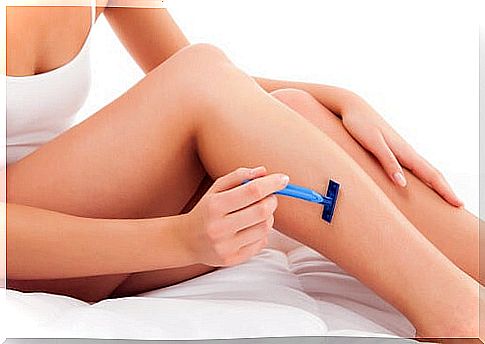
Razors wash away dead cells along with unwanted hair and some bacteria that can be harmful.
Sharing them is quite dangerous since, in the event of a cut, they can cause blood-borne diseases such as hepatitis or HIV.
8. Hats or caps
Both hats and caps tend to absorb the moisture that is produced by sweating of the head.
This environment is perfect for the proliferation of bacteria and fungi, which can later cause dandruff or changes in the scalp.
9. Earrings
Earrings have become one of the essential accessories in feminine beauty. What many do not know is that they must disinfect them regularly, since they can cause infections due to the accumulation of bacteria.
Precisely for this reason, it is better to avoid sharing them with friends as much as possible. If there is no other way, apply some disinfectant before using them.
10. Makeup
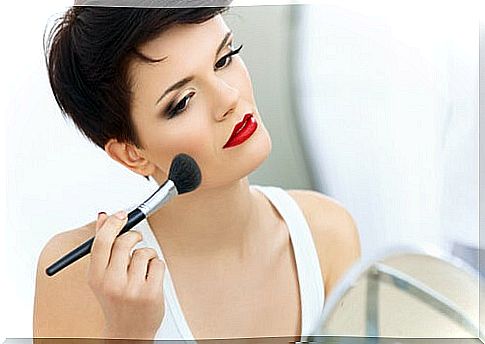
It is very common to see that makeup products are borrowed from friends or family, such as compact powder, eye pencil and lipsticks.
Although it seems a harmless and irrelevant habit, the truth is that the fact of making skin-to-skin contact makes it an ideal medium for the transmission of bacteria, fungi and diseases.
Do you share any of these personal items? If so, consider not doing it again from now on. Although it may seem a bit selfish, it is better to say no on time and not have to suffer any of the consequences.
